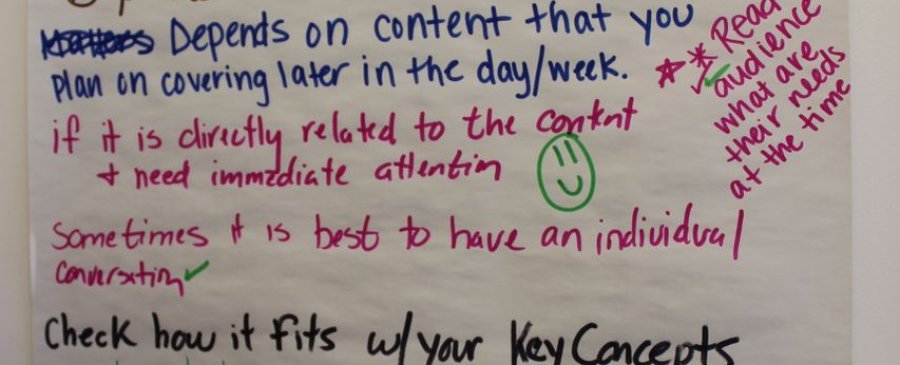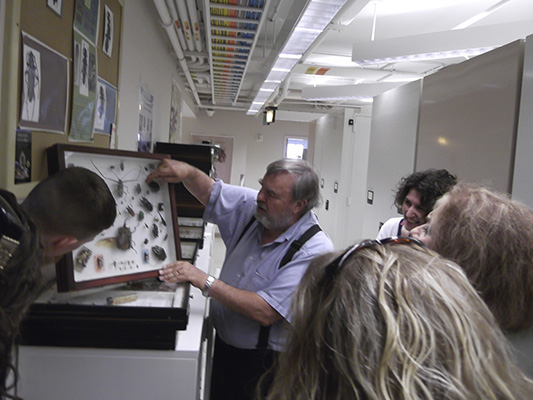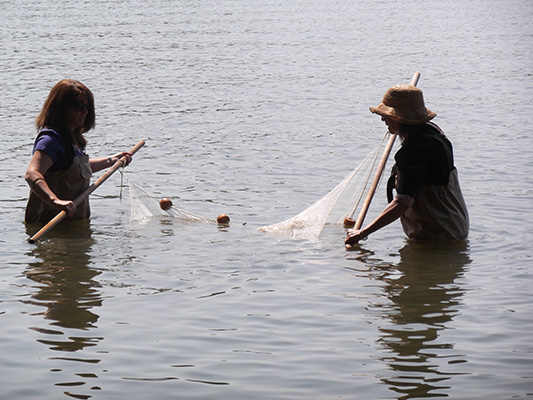How do we prepare students for a world where the answers aren't always waiting for them in the back of the book?
In an age of standardized tests and even tests that prepare you for standardized tests, answers, especially that one, single, right one, seem to take on an inflated importance in our classrooms. Those right answers and those tests certainly have a place in our children's education. But where do questions go?





 With our second Science Academy for Teachers of the summer gone and behind us, we have moved ahead with the third and final Earth History Academy that took place in Washington DC this past week.
With our second Science Academy for Teachers of the summer gone and behind us, we have moved ahead with the third and final Earth History Academy that took place in Washington DC this past week. 